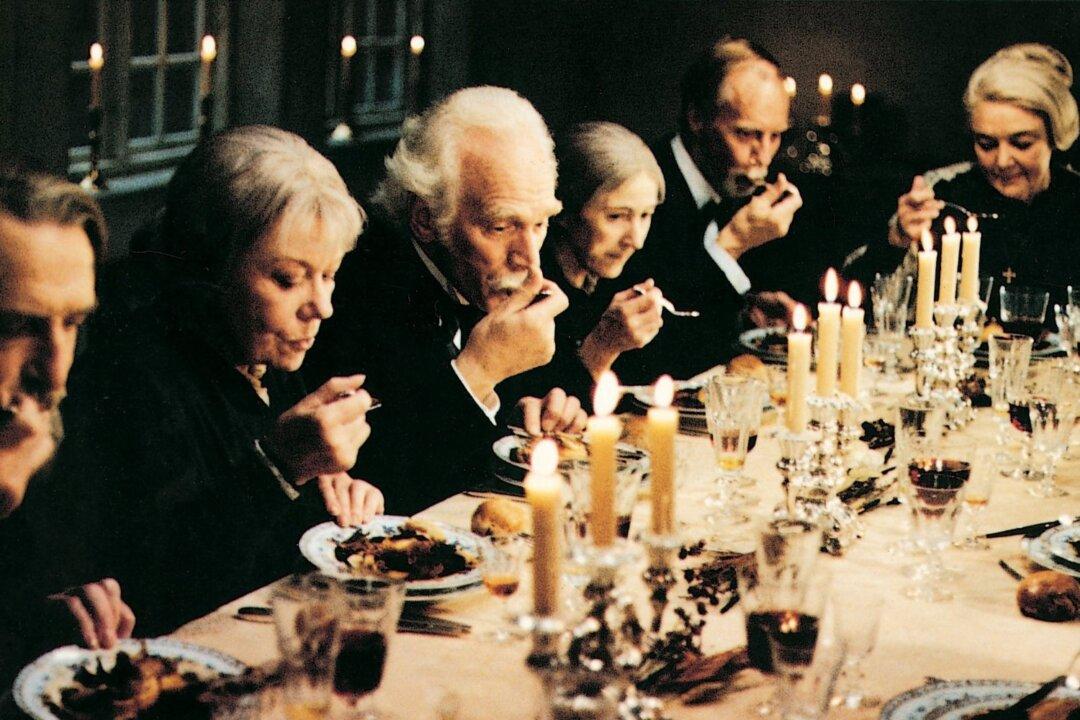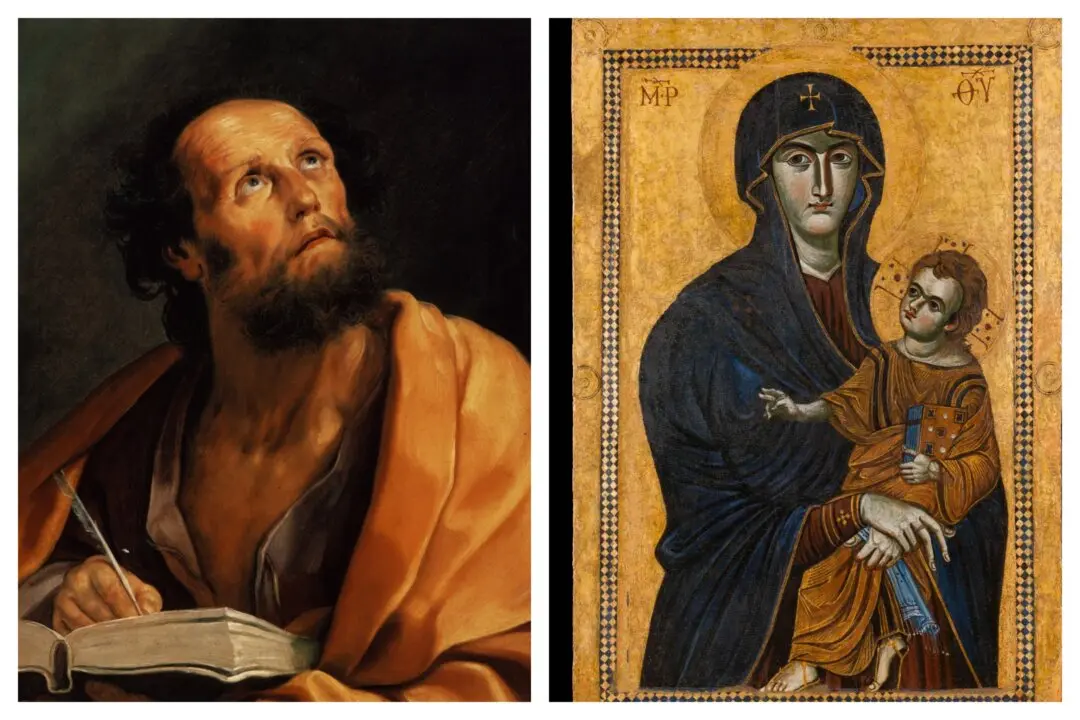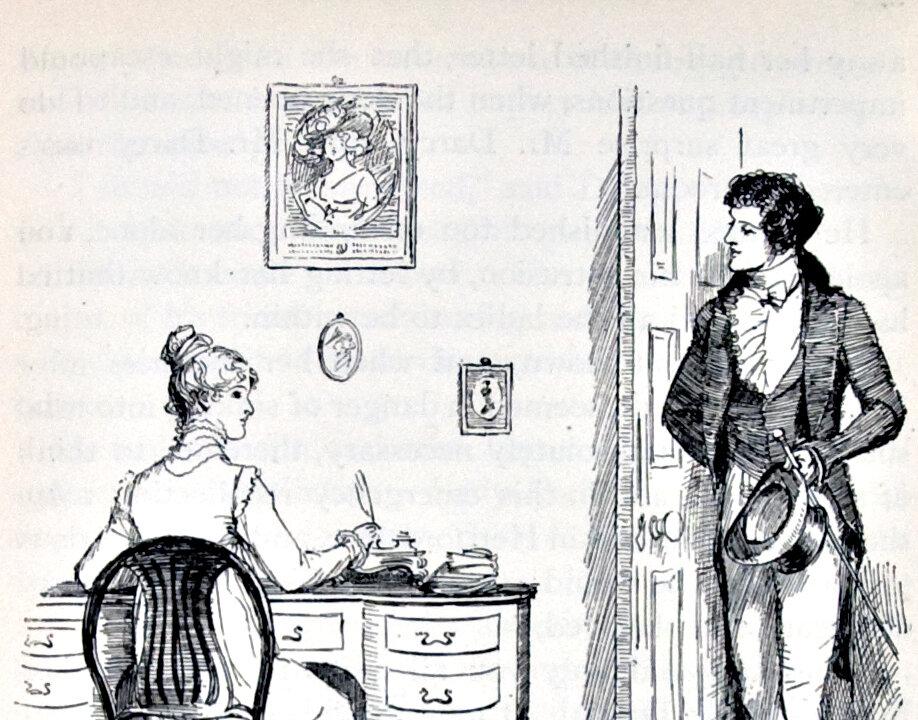Years ago, my parents started a Christmas Eve tradition of taking me and my brothers to a French restaurant for dinner after the vigil mass. For many years prior, not even the name of this restaurant had crossed our lips, much less any of the food, for it’s a once-in-a-great-while sort of place for anyone who isn’t as rich as its fare.
The first time we went, I couldn’t believe that a meal could have such a powerful effect on a group. The combination of the quality of the meal and my parents’ generosity bringing about this rare event lifted our spirits in gratitude for all we had. My mom and I had the same thought: It was just like the story of Babette’s Feast.





